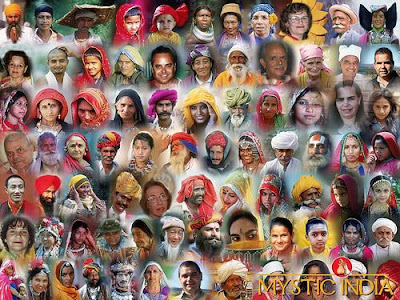Giving feedback simply means telling people how they're going at work. However, the real art of feedback is the ability to also accept feedback yourself - being prepared to listen to what others tell you, without being defensive if it's bad news.
Building a feedback culture in your organization, where everyone is comfortable about giving and receiving feedback about their performance, builds employee morale. Accepting feedback yourself helps you discover ways to improve your own or your business performance.
Many managers and supervisors though equate feedback with delivering bad news, with criticism of poor employee performance. But employee feedback also can, and should, be about giving good news. The reality seems to be that it isn't often done.
Giving, and taking, feedback starts at the top, with the business owner, the manager, even with the team leader. It means stepping back from the immediate action and looking at the bigger picture, at the business from a leader's perspective.
What do leaders do? They do things that inspire people to follow them, to help them build the business. Your people need to know exactly what they have to do, or not do, and how well they are going. They need feedback - and so do you.

















